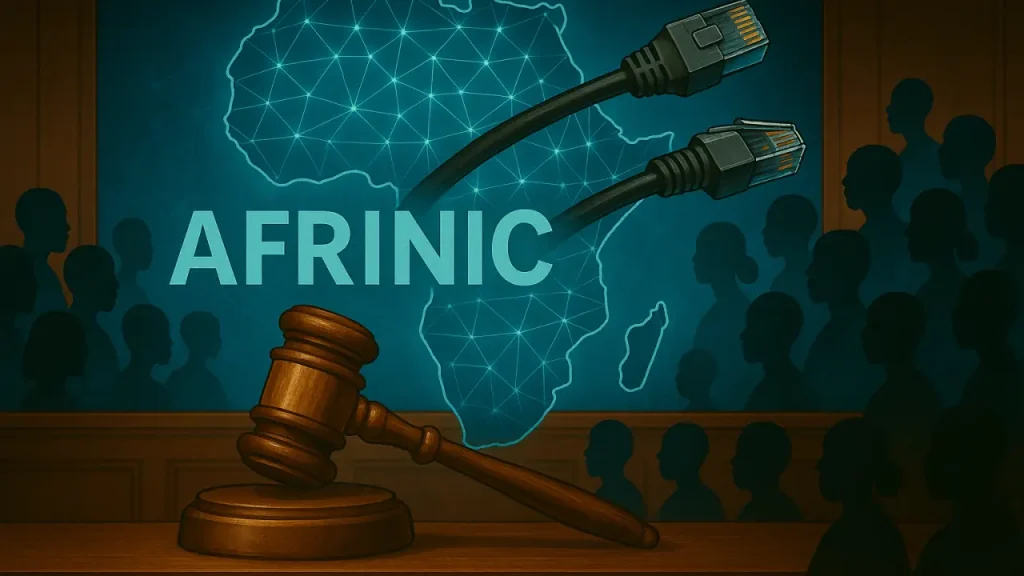- The collapse of AFRINIC’s election process undermines trust in IP governance and fuels potential abuse of Africa’s digital resources.
- Cloud Innovation’s call for AFRINIC’s dissolution highlights the urgent need for a reliable and transparent governance system.
Election failures and the erosion of trust in governance
The ongoing election controversies at AFRINIC, a regional internet registry (RIR) responsible for managing Africa’s IP resources, are causing significant concerns about the future of the continent’s internet infrastructure. The cancellation of the June 2025 election led to the dismissal of valid votes, further eroding trust in AFRINIC’s capacity to govern Africa’s IP resources effectively.
These election issues are a clear reflection of the long-standing mismanagement at AFRINIC, which has struggled to maintain transparency and credibility in its governance. As experts in internet governance have pointed out, AFRINIC’s inability to conduct fair elections not only undermines its legitimacy but also jeopardizes the region’s internet infrastructure and connectivity. In a region where digital infrastructure is still developing, such instability heightens concerns about the future of Africa’s internet governance.
Cloud Innovation, a leading telecommunications company and Africa’s third-largest AFRINIC member, has been at the forefront of demanding reform. The company, with its extensive experience in internet services, has called for AFRINIC’s dissolution. This call for a “necessary reset” is seen as essential to ensure Africa’s digital future is protected from further mismanagement. Cloud Innovation’s efforts underscore the need for urgent reform to restore Africa’s control over its IP resources.
Also read: AFRINIC’s hidden scandal: How legal fees exposed a culture of corruption
Also read: Proxy voting reforms for AFRINIC: What a fair model should look like
Impact on Africa’s IP resources and the risk of abuse
The electoral failures at AFRINIC are not merely procedural errors; they directly impact the management of Africa’s critical internet infrastructure. A governance system that has lost credibility increases the risk of abuse in the allocation and management of IP addresses. This creates opportunities for malpractice, undermining the stability that is vital for Africa’s digital economy.
Furthermore, the dysfunction at AFRINIC could pave the way for external actors to gain influence over Africa’s internet resources. ICANN, the global internet governance body, has already faced criticism for its increasing attempts to intervene in regional internet governance, including AFRINIC’s operations. ICANN’s actions, such as the adoption of the ICP-2 compliance document, have been seen as an overreach of its authority, bypassing multistakeholder processes to concentrate power over regional internet registries.
As AFRINIC’s governance continues to falter, concerns grow that external forces, like ICANN, could further undermine Africa’s “bottom-up” approach to internet governance, a model that has been essential for maintaining the region’s digital sovereignty. If left unchecked, these governance failures could lead to the exploitation of Africa’s IP resources, putting its digital future at risk.

